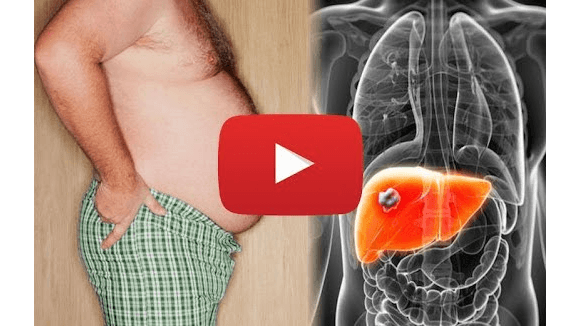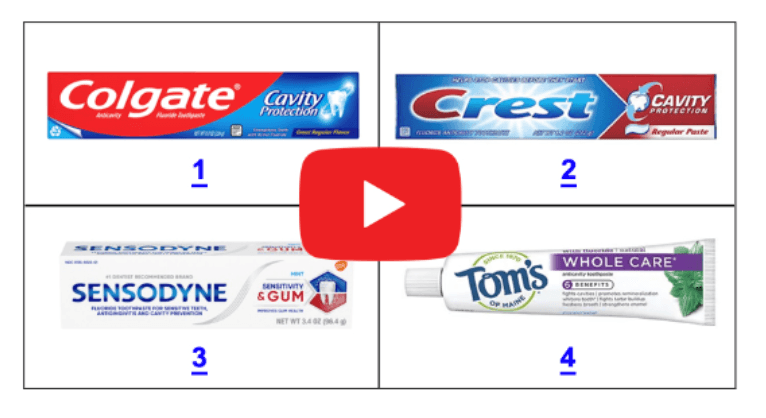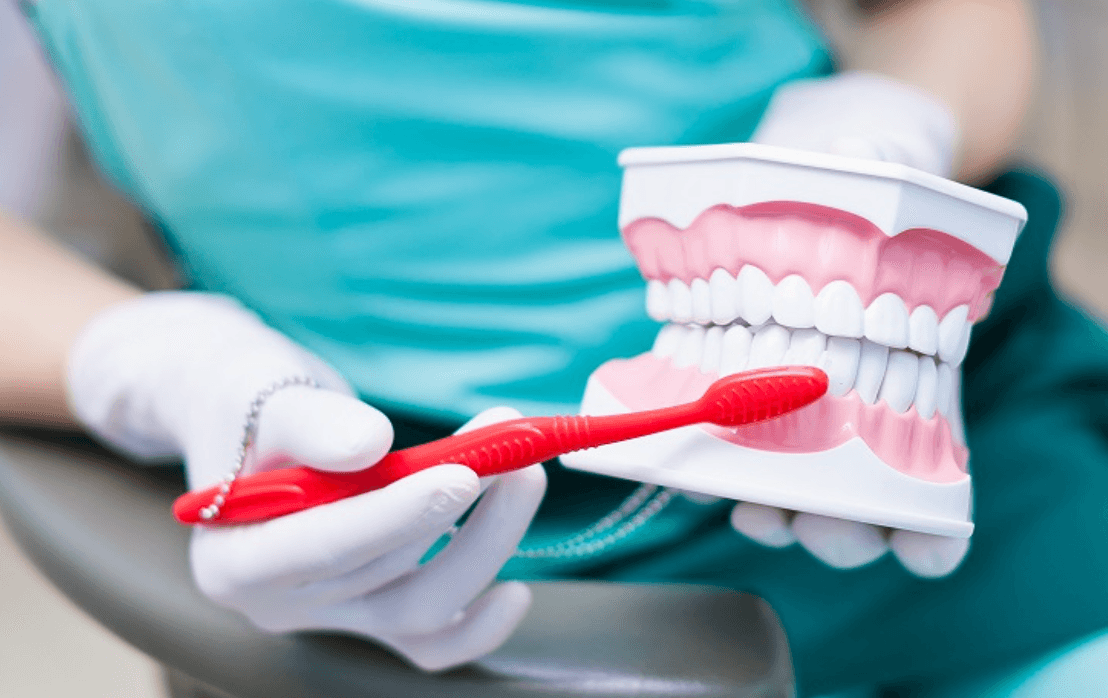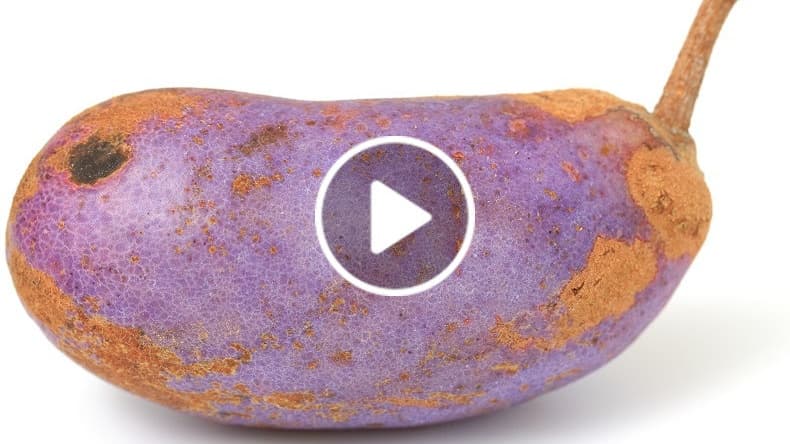AVOID These 10 Foods If You Want to Shrink Your Enlarged Prostate!
Many men may experience frustrating symptoms associated with an enlarged prostate, such as frequent trips to the bathroom, difficulty with urination, or discomfort in the pelvic area. However, these symptoms might be alleviated by scrutinizing dietary choices.
Foods play a pivotal role in either aggravating or easing prostate issues. Here's a list of the top 10 foods you should consider avoiding for better prostate health.
High in saturated fats, red meat like beef, lamb, and pork has been linked to increased prostate inflammation. This can lead to worsened symptoms, such as difficulty in urinating and frequent nighttime bathroom visits.
- Replace red meat with leaner proteins such as fish or chicken to mitigate inflammatory effects.
Dairy products, including milk and cheese, are full of hormones that may increase the risk of prostate issues. These hormones can elevate inflammation levels, complicating the management of prostate health.
- Consider plant-based milk options like almond or oat milk to lessen inflammation.
Caffeine acts as a diuretic, which increases urine production, exacerbating bladder irritation and leading to more frequent bathroom trips, especially at night.
- Try switching to decaffeinated beverages to avoid exacerbating prostate challenges.
Spicy foods add flavor to your meals but can irritate the prostate and increase symptoms such as frequent urination and discomfort.
- Opt for milder seasonings like garlic or turmeric instead of hot peppers or chilies.
Processed foods are laden with preservatives and excess sodium, which can foster inflammation and complicate an already inflamed prostate.
- Choose whole foods like fruits and vegetables to support natural healing processes.
- Swapping alcoholic drinks for water or herbal teas can reduce irritation and support health.
Cooking techniques like frying often involve unhealthy oils that increase inflammation in the body, which is detrimental to men with an enlarged prostate.
- Utilize healthier cooking methods like baking or steaming to avoid worsening prostate symptoms.
High sugar intake can lead to weight gain and trigger inflammatory responses, which contribute negatively to prostate health.
- Reduce sugar by choosing natural sweeteners or whole fruits.
Excessive salt can result in increased fluid retention and higher levels of bladder pressure, which exacerbates prostate troubles.
- A low sodium diet might ease urinary systems and promote better prostate health.
While fresh tomatoes offer health benefits, processed versions can increase acidity and irritate the prostate.
- Choose fresh tomatoes over canned or processed options to mitigate symptoms.
Making thoughtful dietary changes can significantly impact prostate health. Avoiding certain foods might reduce inflammation and discomfort, improving overall quality of life.
Start integrating these changes one step at a time, and consult with health practitioners as needed to personalize your dietary routine further. Achieving a healthy prostate is possible with the right nutritional choices.
From Around The Web
Wellness Inbox is a blog & weekly newsletter that curates trending news and products related to health and wellness from around the web. We also gather content from various sources, including leading health professionals, and deliver it directly to you.
Please note that we may receive compensation if you purchase any products featured in our newsletter. Wellness Inbox is not affiliated with, nor does it endorse, any health professionals whose content may appear in our newsletter. The information provided is for general informational purposes only and should not be considered medical advice.
The information provided is not intended to replace professional medical advice, diagnosis, or treatment. All content, including text, graphics, images, and information available is for general informational purposes only. We do not guarantee the accuracy or completeness of any information presented and assume no liability for any errors or omissions. The content is subject to change without notice. We encourage you to verify any information with other reliable sources and consult your physician regarding any medical conditions or treatments.







